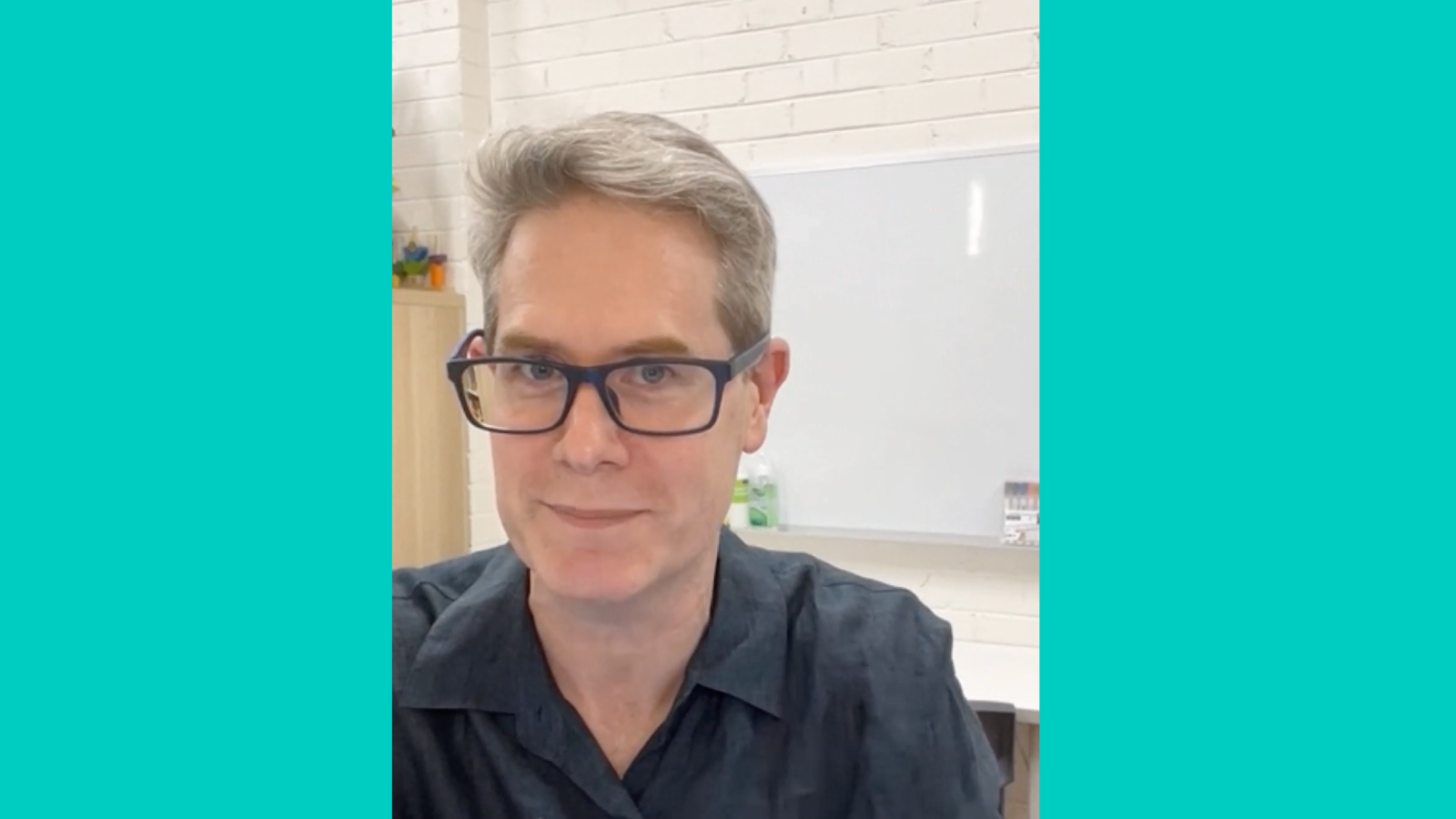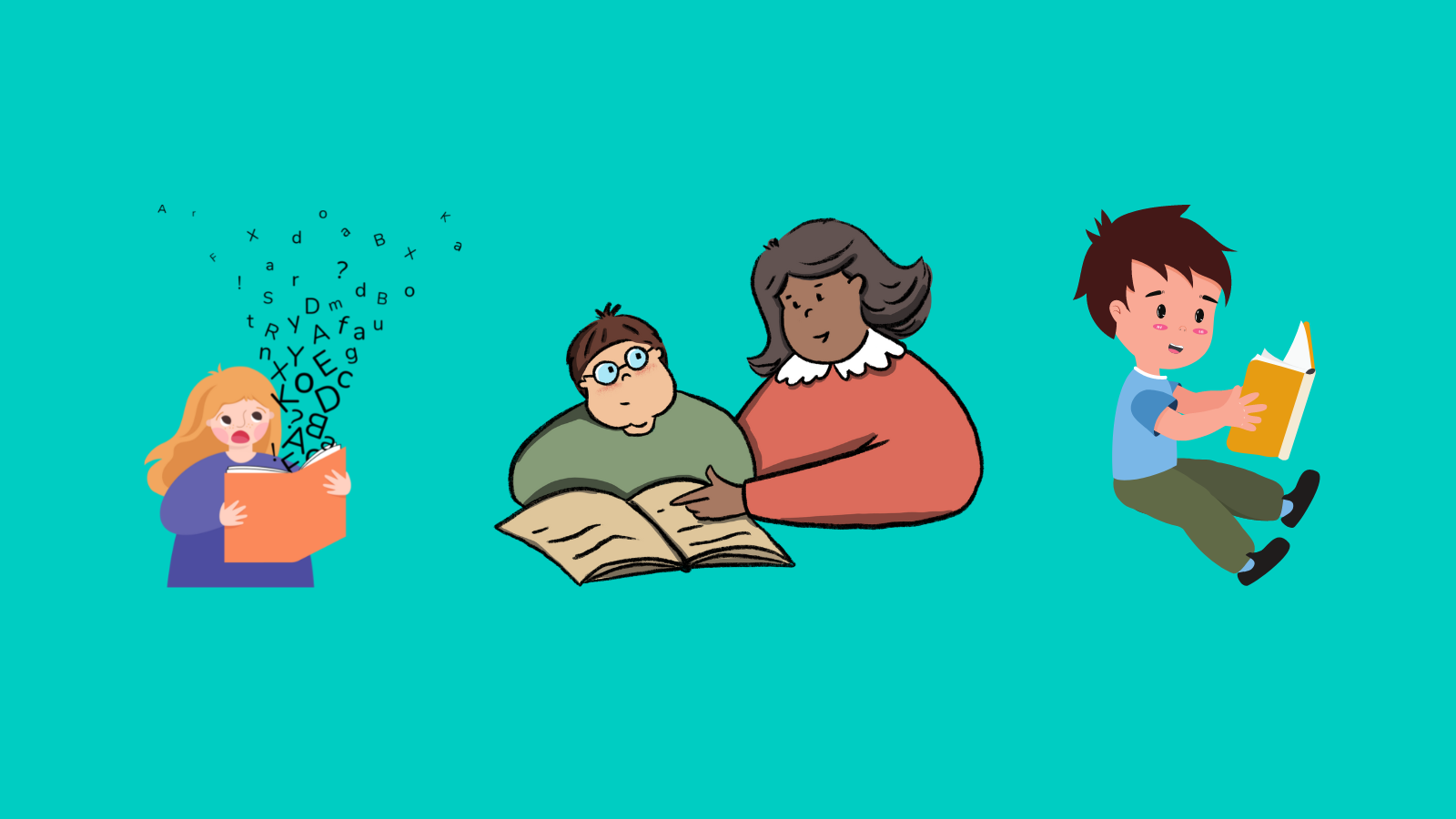Do braces affect speech? If so, how, and for how long?
A long, long time ago, when I first got my braces to correct an overbite, I had four key concerns:
- Would I be able to keep playing the euphonium?
- Would I be able to eat Minties?
- Would girls talk to me?
- Would I be able to do public speaking competitions?
As it turned out, the answers – in order – were “yes” (with the help of orthodontic wax), “no” (I found out the hard way), “no” (although I doubt the key issue was the braces) and, happily, “yes”.
Braces and speech
Malocclusion – imperfect positioning of the teeth when the jaws are closed – can have a big impact on your smile, your well-being, and your quality of life (Ata-Ali et al., 2016). As a result, many children and adults get braces to help improve their bites.
Some questions we get asked from time to time are:
- do braces affect speech?
- if so, in what ways?
- if so, for how long?
- if so, should we hold off on speech therapy?
Do braces affect speech?
When they are first put on, braces can affect speech. But not always: one study showed around 57% of people experience some speech problems straight after braces are put on (Paley et al., 2016). A sizeable minority report no issues.
If so, in what ways?
For those affected, braces don’t affect all speech sounds. Research shows the sounds most often affected are:
/s/
/v/
/r/
/l/
“ch”
/f/
/t/
/n/
“sh”
“j”
This is because the maxillary (upper jaw) and mandibular (lower jaw) arches are directly or indirectly involved in the production of these sounds; and braces change the morphology (shape, form) of some surfaces (e.g. of the teeth, tongue and lips) used to articulate these sounds (Khattab et al., 2013).
The most commonly affected sounds are /s/ and /t/, and this appears to be the case across different languages (Paley et al., 2016).
For example, one study showed that, after braces are put on, the mean frequency (or pitch) of the /s/ sound for many people drops significantly, then progressively increases over the next 2-3 months (e.g. Khattab et al., 2013). Immediately after getting braces, it appears many people temporarily produce /s/ with a forward tongue position, or put their tongue tip against their teeth when producing /s/, rather than up, on, or near the alveolar ridge.

Source: Grays Anatomy, Plate 190.
Not all braces affect speech to the same extent; and there is some evidence that lingual braces (braces on the inside surface of the teeth, facing the tongue) may induce higher degrees of speech difficulties, for longer, than buccal and labial braces (braces on the outside surface of the teeth facing the cheeks and lips) (e.g. Ata-Ali et al., 2016; Khattab et al., 2013).
How long do speech problems last?
Most studies show that speech problems are temporary, with most speech problems resolving within 2-3 months (Paley et al., 2016; Khattab et al., 2013). Some people seem to adapt to their braces almost immediately.
About 17% of people with front-of-teeth (buccal/labial) braces continue to experience speech problems after two months, with some people requiring 6-8 months to correct their errors. An interesting question for these “slow correctors” is whether the resolution of these problems is due, in part, to the extent and correction of their bite problems. It appears that the ability to correct for errors may depend, to some extent, on the severity of the malocclusion (Paley et al., 2016).
Is there any point doing therapy for speech or other communication issues while wearing braces?
The evidence tells us that the speech problems actually caused by the braces will usually self-resolve within a few months, and not require speech therapy.
For residual speech errors that are unrelated to the braces (i.e. issues that existed before braces), there is no reason to delay therapy just because you have braces – especially if the errors are phonological – although we would usually recommend waiting a few months for lisp therapy and use lots of auditory bombardment to focus first on the sound of the target(s).
For language, stuttering, voice, literacy, or accent training, there is no clinical reason to delay therapy for braces.
Clinical bottom line
For people considering braces – particularly adults in jobs requiring clear speech – it is important that they understand the possible effects braces will have on speech, the types of sound errors they may have, and how long the errors may persist. About 40% of people will experience no changes whatsoever in speech. For many people, the effects are relatively minor and temporary. For others, it may take a few months or even longer to correct errors. The /s/ sound is affected most often.
Related articles:
- Beyond flashcards and gluesticks: what to do if you or your 9-25 year old still has speech sound issues
- How to use principles of motor learning to improve your speech
Principal sources:
Ata-Ali, F., Ferrer-Molina, M., Cobo, T., De Carlos, F., Cobo, J. (2016). Adverse effects of lingual and buccal orthodontic techniques: A systematic review and meta-analysis. American Journal of Orthodontics and Dentofacial Othopedics, 149(6), 820.
Khattab, T.Z., Farah, H., Al-Sabbagh, R., Hajeer, M.Y., Haj-Hameed, Y. (2013). Speech performance and oral impairments with lingual and labial orthodontic appliances in the first stage of fixed treatment – A randomized controlled trial, Angle Orthodontist, 83(3), 519.
Paley, J.S., Cisneros, G.J., Nicolay, F. Olivier, LeBlanc, E. M. (2016). Effects of fixed labial orthodontic appliances on speech sound production, Angle Orthodontist, 86(3), 462.
Image: https://tinyurl.com/y3esndcs

Hi there, I’m David Kinnane.
Principal Speech Pathologist, Banter Speech & Language
Our talented team of certified practising speech pathologists provide unhurried, personalised and evidence-based speech pathology care to children and adults in the Inner West of Sydney and beyond, both in our clinic and via telehealth.








